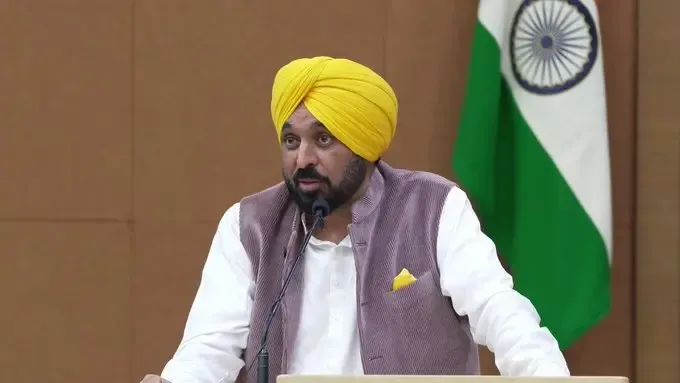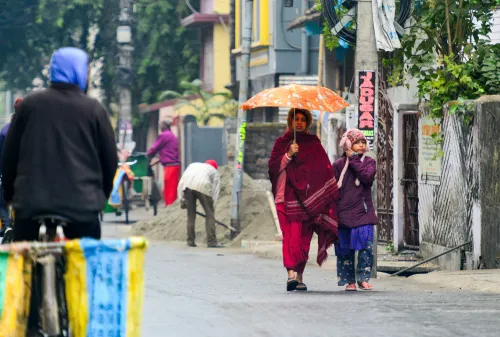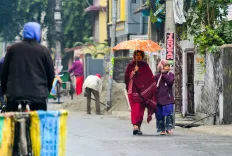Did the Punjab Cabinet Approve Stilt-Plus-Four Floors in Urban Areas?

Synopsis
Key Takeaways
- Punjab Cabinet approves new building rules.
- Stilt-plus-four floors allowed in urban areas.
- Focus on ease of doing business and land use.
- Stamp duty and registration fees rationalized.
- New rules for de-addiction centres introduced.
- Healthcare initiative for Dera Bassi approved.
- Approval for filling sports medical cadre positions.
Chandigarh, Oct 28 (NationPress) In a significant move to boost urban growth by permitting the construction of stilt-plus-four floors in all new projects, the Punjab Cabinet, led by Chief Minister Bhagwant Mann, approved the Punjab Unified Building Rules of 2025 on Tuesday.
A representative from the Chief Minister's Office stated that these building regulations are designed to establish a thorough and uniform framework for all building and development activities statewide.
These regulations will be applied consistently across the Department of Housing and Urban Development and the Department of Local Government, ensuring streamlined approvals and enforcement processes.
The primary focus of these reforms is to enhance the ease of doing business, optimize land use, and promote vertical urban expansion. The new rules will elevate the maximum height for low-rise buildings from 15m to 21m and allow for third-party self-certification regarding plan approval and completion.
Additionally, the Cabinet approved adjustments to the stamp duty and registration fees related to hypothecation and equitable mortgage instruments by amending the Indian Stamp Act of 1899 (Punjab) and the Registration Fee Rules.
This initiative is a forward-thinking and business-friendly approach intended to alleviate the financial burden on industries, enhance ease of doing business, and improve access to affordable financing, thereby boosting the state's competitiveness and overall economic landscape.
The Cabinet also endorsed the Punjab Substance Use Disorder Treatment and Counselling and Rehabilitation Centres Rules of 2025, which will replace the existing 2011 Rules and the First Amendment Rules of 2020. This change aims to enhance the regulation of de-addiction and rehabilitation facilities across the state.
This new legislation addresses the limitations of the previous rules and regulates 36 government and 177 licensed private de-addiction centres, along with OOAT clinics, strengthening the licensing, renewal, inspection processes, and implementing biometric attendance and mandatory online data reporting.
Furthermore, the Cabinet has approved the hiring of 14 Group-A, 16 Group-B, and 80 Group-C positions in the Punjab Sports Medical Cadre to bolster the sports medical support system in various districts. This move will enhance injury management, recovery, and performance among athletes, aligning with national standards for scientific sports development. These professionals will be deployed in major sports districts, including Patiala, Sangrur, Bathinda, Faridkot, Fazilka, Ludhiana, Amritsar, Gurdaspur, Jalandhar, SAS Nagar, Ropar, and Hoshiarpur, where there is a higher concentration of players.
To ensure quality healthcare for employees working in factories and industrial units in Dera Bassi and its surrounding areas, the Cabinet approved the leasing of approximately four acres of land for the establishment of a 100-bed ESI hospital in Dera Bassi. Currently, workers in the Dera Bassi and nearby industrial zones depend on ESI facilities located in Ludhiana, Mohali, and Chandigarh, which are inadequate to satisfy the rising healthcare demand. This initiative will alleviate the patient load on existing ESI hospitals and promote industrial welfare and social security in this crucial industrial region.










